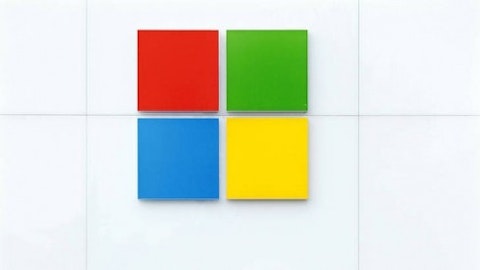Ever been to a magic show? The magician directs the crowd to watch his left hand and you miss what his right hand is doing. In this case, the magician is Baidu.com, Inc. (ADR) (NASDAQ:BIDU), and the misdirection wasn’t intentional.
Over the last year, investors have been waiting for a sign that the Chinese Internet search leader could stem the tide, as its market dominance began to slip away.
The new kid
Just last year, rival Qihoo 360 Technology Co Ltd (NYSE:QIHU) launched a competing search engine and has slowly eroded Baidu.com, Inc. (ADR) (NASDAQ:BIDU)’s market share. Qihoo, which operates the market-leading Web browser and provides anti-virus software, has collected 17% of the search market since the launch and is aiming for more.

While Baidu.com, Inc. (ADR) (NASDAQ:BIDU) is still the undisputed leader in desktop search, it has struggled to make a meaningful move into the nascent mobile search market in China.
Investors justifiably took notice of Baidu.com, Inc. (ADR) (NASDAQ:BIDU)’s recent $1.9 billion purchase of 91 Wireless, China’s most popular third-party smartphone app store. This move immediately gave Baidu a foothold in China’s burgeoning mobile space. The purchase was viewed positively by investors, since the announcement on July 16, the stock price has risen nearly 30%.
What did we miss?
With all the attention focused on how the purchase might provide traction in mobile, investors may not have noticed an initiative that could be even more important: the launch of Baidu.com, Inc. (ADR) (NASDAQ:BIDU)’s Light App platform, an endeavor the company hopes will play to a phenomenon called the long tail.
Popularized by Chris Anderson in the Wired article of the same name, the long tail argues that in a brick-and-mortar economy, selection was limited to blockbusters and best-sellers due to inventory limitations and the geographical location of customers. This meant that consumers were limited to what retailers could carry, or approximately the top 20% of products. With the advent of the digital economy, the dynamics have changed. No longer constrained by geography and space limitations, Internet retailers can profit from selling a lot of low-demand, low-volume products. These products collectively have a greater market share than the handful of best-sellers and blockbusters. Online retailers can tap into the remaining 80%. Baidu intends to apply this concept to apps.
Source: Chris Anderson, thelongtail.com — used with permission
Against the tide
At the recent BaiduWorld conference, the company launched its Light App strategy. According to Baidu CEO Robin Li, the app store model is fundamentally flawed. The model, as it exists, is effective only for the most popular apps. Lower-volume apps do not benefit under the current system and developers find it difficult to market less-popular offerings.Li proposes to change that. Using Baidu’s new Light App platform, users can locate apps suited to a specified task, creating a market for these low-volume apps. By catering to the remaining 80%, Baidu is expanding its potential market, particularly among the highly coveted mobile users. This strategy is a marked departure from that employed by most popular app stores.
The app king
As the creator of the original app store, Apple is the standard by which all other app stores are measured. It recently revealed that app downloads have exceeded 50 billion.An example of what one might find at the launch page of any of the most popular app stores: New and Noteworthy apps, What’s Hot, Editor’s Choices, etc. Apple’s approach is similar to that of other app store competitors, showcasing primarily popular fare.




